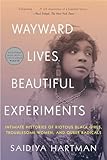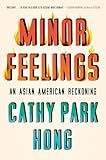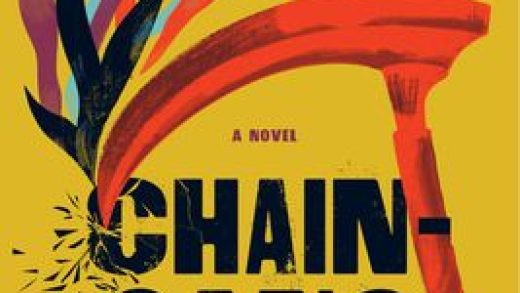This calendar year started, for me, at a small New Year’s
Eve party in Brooklyn with college friends. The most noteworthy thing that
happened was that a friend’s girlfriend blessed me with this zinger: “You
look,” she said, turning toward me suddenly in the living room, “like a sexy Anne
Frank.”
I’ve thought a lot about this comment in the last several
months of isolation – probably too much. Why not? At first, I thought it was a
poached joke. Not long before New Year’s, although technically not in 2020, I’d
watched Jenny Slate’s Netflix special, Stage Fright, in which she
talks about how she’d looked just like Anne Frank as a child – and how she was
“incredibly stuck up about it.” (Cue swish, kick.) But it wasn’t.
Several months later, I read Philip Roth’s The Ghost Writer, which, if you haven’t read it, is so good. I mean, I laughed, I cried, I thought about the world and … what it means to be human?! No spoilers, but there is an actual sexy Anne Frank in it, rendered as only Philip Roth could, i.e., the Philip Roth character, well, obviously he wants to fuck her. This might not sound immediately appealing to some. But I promise the book is puncturing, hilarious, tragic, also short.


I read a lot of poetry this year. Not at the start of the pandemic, but more recently, and with more enjoyment than I have in some time. Titles I particularly liked included: Leila Chatti’s Deluge, Traci Brimhall’s Come the Slumberless to the Land of Nod, Lauren Russell’s Descent, Oliver Baez Bendorf’s Advantages of Being Evergreen, Irena Klepfisz’s A Few Words in the Mother Tongue, Carl Phillip’s Quiver of Arrows: Selected Poems, Tori Dent’s HIV, Mon Amour, Anna Margolin’s Drunk from the Bitter Truth (translated from the Yiddish by Shirley Kumove), Bhanu Kapil’s Ban en Banlieu, from Nightboat Books, actually just everything from Nightboat, their whole catalog is wonderful. Also Chase Twitchell’s Perdido, recommended by a poetry professor and so, startlingly good. I reread Natalie Eilbert’s Indictus, which I reviewed for Adroit Journal over a year ago and still think is a perfect book.



I watched a whole bunch of Zoom readings (shoutout to the Wisconsin Book Festival!), and read this conversation on Jewish Currents that made me nod my head saying yes yes yes. That magazine is so good! I read excerpts from Saidiya Hartman’s newest book, Wayward Lives, Beautiful Experiments in several different classes (thank you to graduate school), and also her excellent 2007 book Lose Your Mother. Read a Yiddish textbook. Now I can say a dank far di sheyne bikher. Also Namwali Serpell’s The Old Drift, with my cousins, mother, and aunt, for a Zoom book club – agreed it was very long and had a lot of characters, but worth the effort – and Fanny Howe’s new book, Night Philosophy. Oh! And Cathy Park Hong’s mixed-genre Minor Feelings was the best new work of prose I read this year; I planned to write about it, back in early spring, but then (everything) happened.
There’s always so much more, but I’ll leave it there.
More from A Year in Reading 2020
Do you love Year in Reading and the amazing books and arts content that The Millions produces year round? We are asking readers for support to ensure that The Millions can stay vibrant for years to come. Please click here to learn about several simple ways you can support The Millions now.
Don’t miss: A Year in Reading 2019, 2018, 2017, 2016, 2015, 2014, 2013, 2012, 2011, 2010, 2009, 2008, 2007, 2006, 2005
The post A Year in Reading: Jacqueline Krass appeared first on The Millions.
Source : A Year in Reading: Jacqueline Krass















